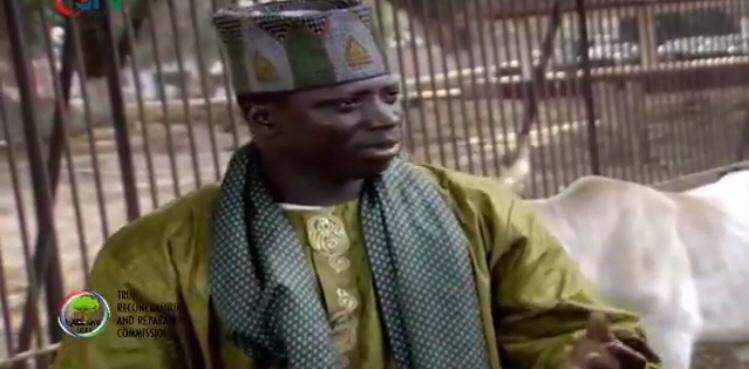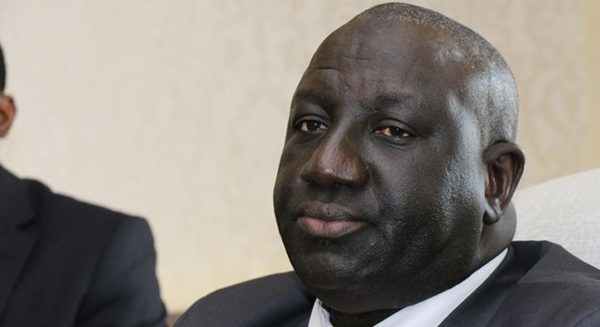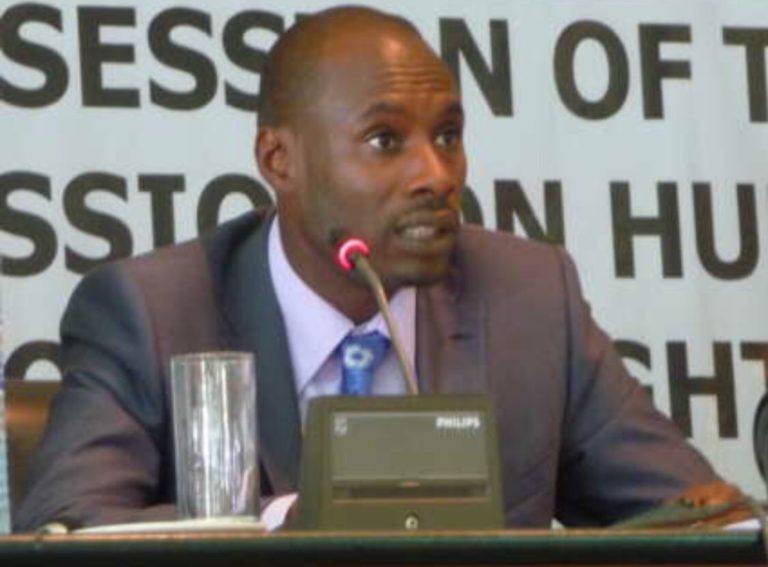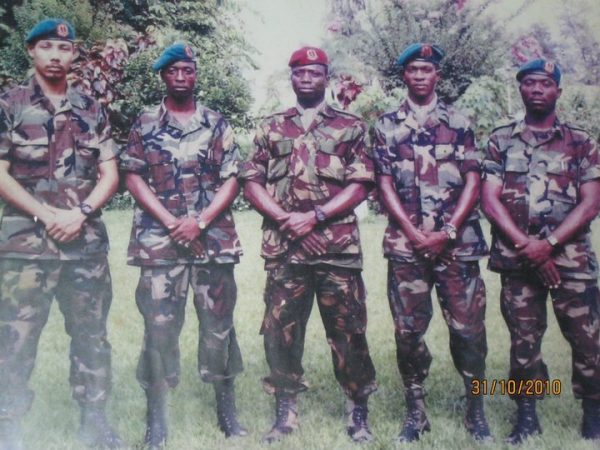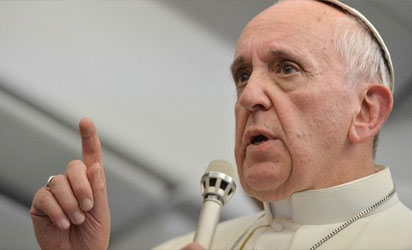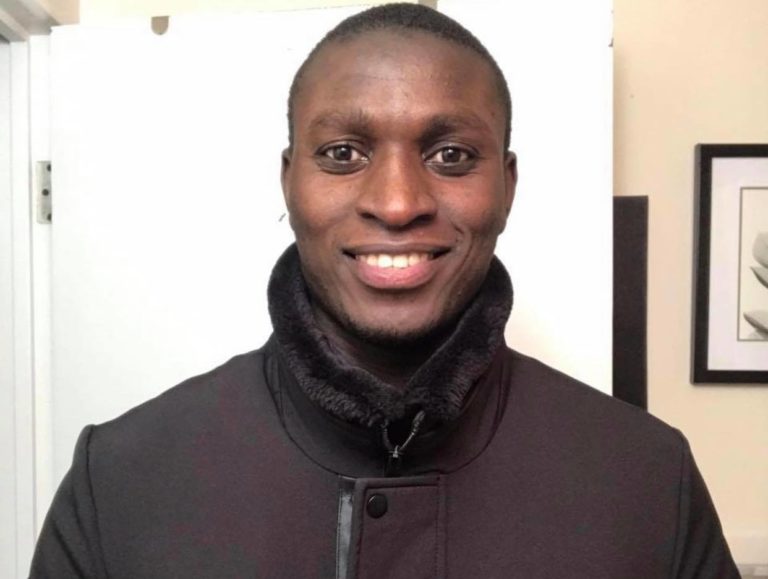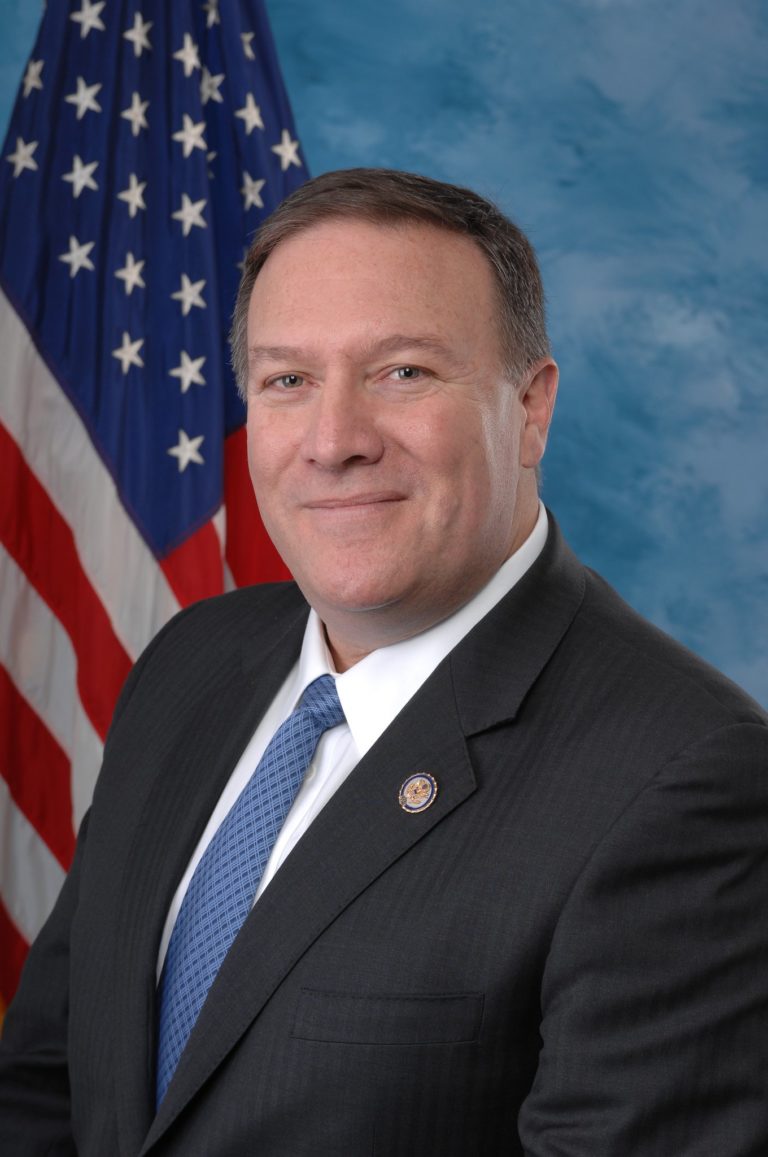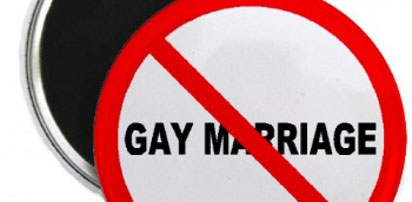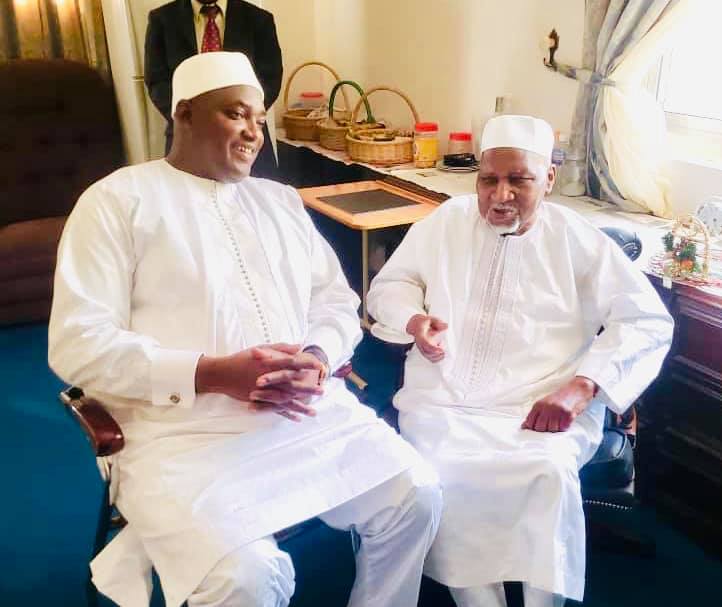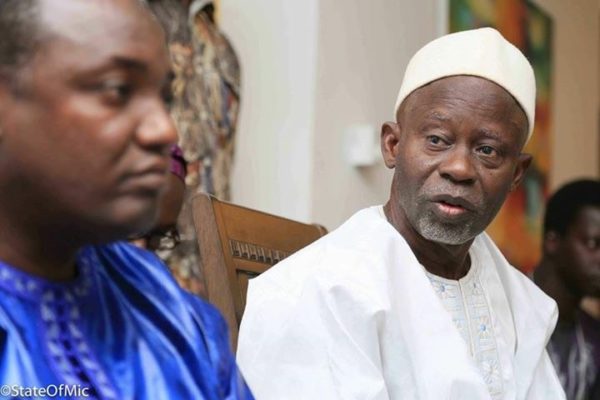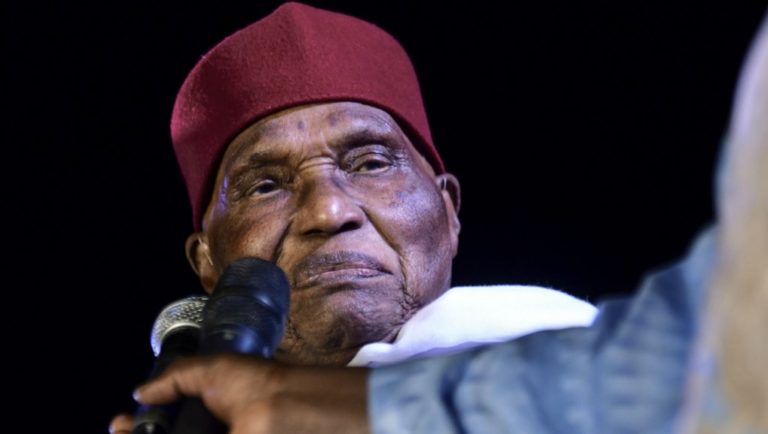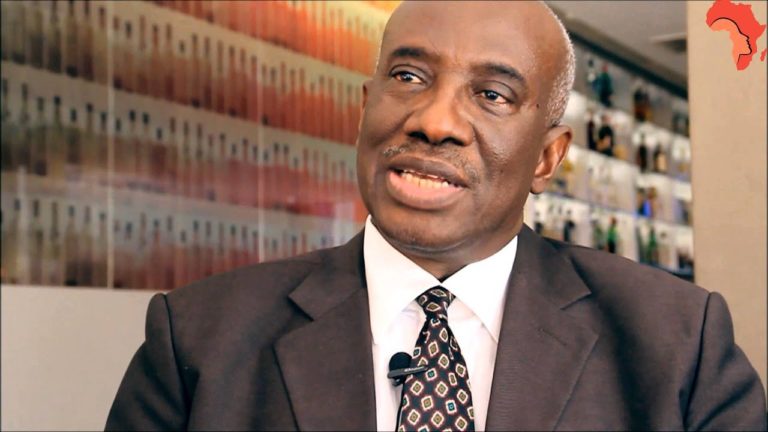By Lamin Njie
The Truth, Reconciliation and Reparations Commission on Thursday played a video of former president Yahya Jammeh regarding the November 11, 1994 incident.
The recording which appeared to have been made shortly after the incident showed the former president speaking about how he supervised a large-scale military action which led to the killing of at least 20 people.
Below is full transcript of what the former leader said in the video.
“The rest of the civilian cabinet members who have been there since 94 will tell you. That I suspended cabinet and asked them to go and talk to these soldiers. They were there from 8 O’Clock on Thursday up to 7 O’Clock [Friday]. And I ask them to leave the camp. If they got the message that’s it. If they have not got the message let them go ahead we know what to do.
“And then they gave me the assurance that oh okay, ‘you know it was a misunderstanding, we thought that it was true that soldiers at State House guard are paid 10,000 dalasis a month.’ I said but how is that possible. Everybody is paid from army headquarters, so you know the pay scale of everybody. They said no no they were told and they will not reveal their source. That even though they received money, their normal salary this 10,000 dalasis is paid through a secret account.
“But we know that some of those officers were very close to members of the former regime. In fact some of them went into the army through the back door through those people that they know. So we warned them. They came around 7 and we thought that that was the end of it, they’ve got the message. By 1 0’Clock, they’ve already lined up people they thought were loyalist to us, and they were going to shoot them. But the mistake they made was they were brutalising them, that is punishing them, asking them to crawl and they had guns pointed at them. And they said they will drill them for one hour as a lesson to others who may want to betray once they start moving on us.
“So they were subject to all sorts of maltreatment to a point where they decided to kill them. Well it happened that they line them up… I don’t know whether you have ever been to Yundum Barracks. They have lined them up on a tarred road, the road that runs right through the camp. But then if a vehicle is passing on the highway you can see people. So what they did was they cannot just line them up like that and shoot them without anybody seeing them. And they didn’t also want to alert us by stopping traffic. So they decided to put the lights out. The moment they put the lights out in order to shoot these people, these people ran away. And one escaped, he ran on foot from Yundum up to Fajara where he informed Sabally. Sabally was shocked when he saw his body. He said that he was beaten. He had a lot of lacerations on his back.
“And then Sabally called me I told him, ‘look, don’t worry.’ I called the camp and somebody picked up and then he told me, ‘yes, the so-called chairman we are going to kick your…’ Then I laughed and I told him, ‘we are going to teach you a lesson.’ I said, ‘okay this thing is for real.’ Then we sent scouts to go and check and they realised that these people were already, in fact they were hunting for these people and in fact they were mobilising. We just sent a few people to attack Yundum little did we know that the whole problem was at Bakau. That they have amassed all their weapons in Bakau. So we thought that it was only Yundum only to realise that Bakau is the headquarters of these so-called rebels.
“So it all came to a point when I called Bakau to find out what was going on but incidentally, the signaller didn’t know what was going on. They locked him inside. So he thought that everything was okay. I told him to go out and check what was going on around the guard room. Then all of a sudden he said, ‘sir, I have been locked in.’ I said, ‘good, just stay there.’ It wasn’t a question of… these people were paid.
“When the fight started by 1 O’Clock, by 1:45, I don’t want to name names here but a former Western ambassador called Fafa Mbai and told him, ‘well, it seems that the AFPRC are gaining the upper hand.’ That the rebels are losing. He (Fafa) said, ‘how do you know? He (ambassador) said, ‘from sources’. He said, ‘you are an ambassador, you are supposed to be in your house.’ Then I just called to tell you that unfortunately the AFPRC is gaining the upper hand in the fight. Fafa Mbai called me. I told him I know what is going on. I said, ‘you remember what he said when he last came to the office?’ He said, ‘oh I didn’t think that they would be stupid enough to go that far.’ I said, ‘yes but I will teach them a lesson, after that we know what we are going to do to them.’
“So by 4 [am], the fight was over. These people were running around and we were chasing them everywhere. And behind that particular country’s embassy, we found eight uniforms and also blood stains. And by eight O’Clock we got news that some of the mutineers who escaped from the camp and were seriously injured were in Senegalese military hospitals in Casamance. And we wondered how they got to know about it. And all of a sudden, we were told that Bakary Darbo escaped and he’s in Kolda, the home of the former Senegalese High Commissioner.
“So I told him [Sana Sabally], ‘look, how did Bakary Darbo escape, how did he get to Kolda and can you explain how your vehicle had to pass Kanlaji checkpoint by 5 am?’ He said,’ well, he didn’t know.’ Because I gave instructions that no matter what happened, they should not touch diplomatic vehicles. Let them allow them to pass. What we thought was that they will try to do the normal thing, try to evacuate their citizens. Because that’s what they do. They create trouble and the first thing they do is to evacuate their citizens. So I told them, ‘look, don’t touch any diplomatic vehicle and that was the mistake. We would have got Bakary Darbo, the main sponsor of the attempted coup.”

